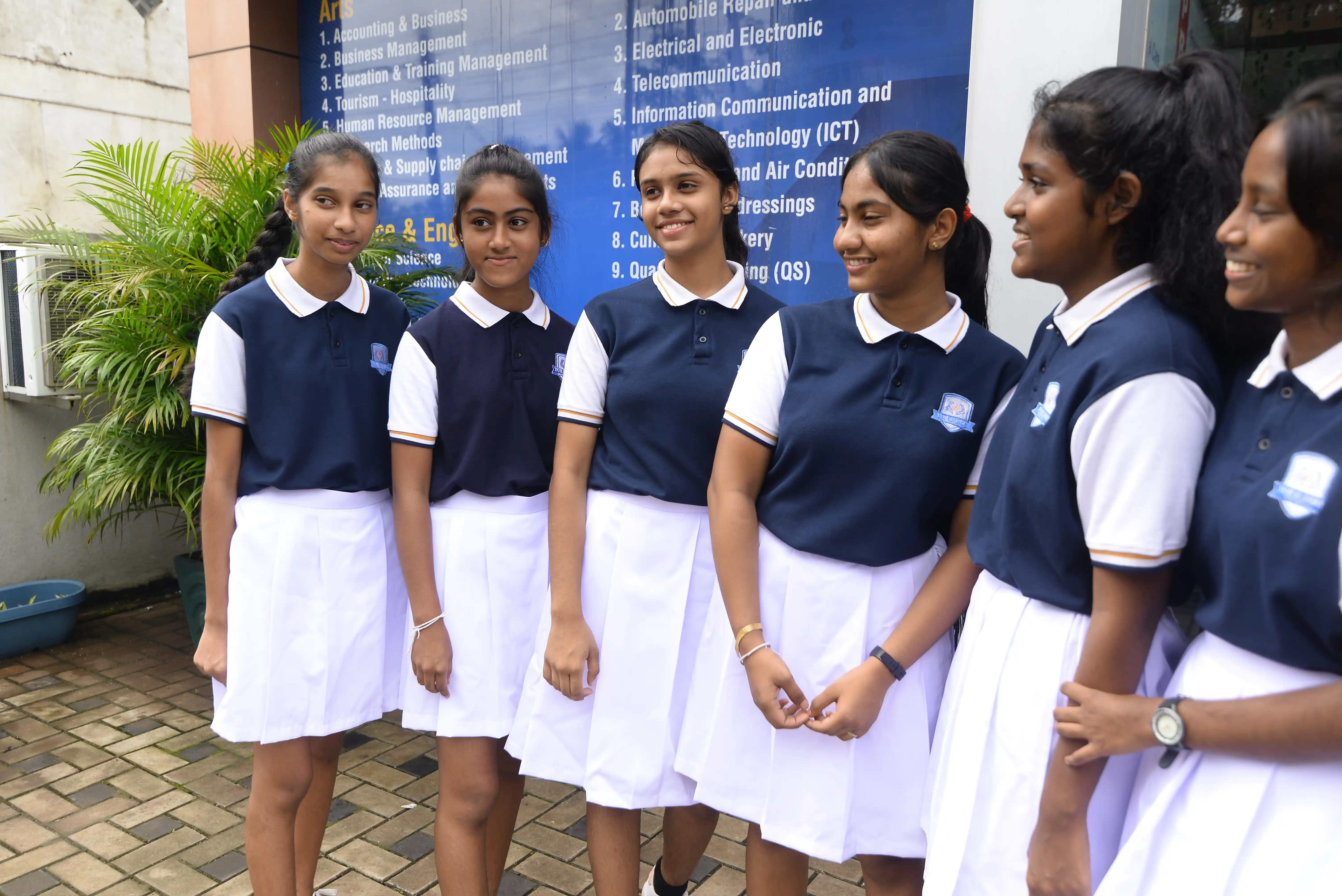
The Junior Secondary Education stage at Yorkshire, following Sri Lanka’s national syllabus encompasses Grades 6 to 9 and serves as a critical bridge between primary education and senior secondary education. It is designed to provide a well-rounded, foundational education that prepares students for more advanced studies in senior secondary levels envisioned with 9 national goals in the General Education Sri Lanka.
Core Curriculum: The National Curriculum for junior secondary education focuses on a broad range of subjects, including:
These subjects aim to build essential knowledge, critical thinking, and analytical skills in young learners, fostering a solid educational foundation.
Competency-Based Learning: The junior secondary stage follows a competency-based approach, emphasizing the development of core competencies like:
Students are encouraged to apply their knowledge in real-world contexts, promoting practical understanding and holistic growth.
Introduction to Specialized Subjects: While the curriculum remains broad, students in junior secondary are gradually introduced to more specialized subjects and optional courses, allowing them to explore specific areas of interest in preparation for future academic or vocational paths.
Activity-based learning involves interactive, hands-on activities that engage students in a meaningful way. Children are encouraged to learn through experimentation, exploration, and collaboration. This method promotes:
While the curriculum remains broad, students in junior secondary are gradually introduced to more specialized subjects and optional courses, allowing them to explore specific areas of interest in preparation for future academic or vocational paths.
Learning at the junior secondary level continues to emphasize activity-based, student-centered learning. Through practical activities, group work, discussions, assignments, and project-based tasks, students are encouraged to actively engage with the material and develop our students’ collaborative and creative skills.
The junior secondary stage uses both formative, summative, and diagnostic assessments to evaluate student progress. Continuous assessments, practical work, and exams are designed to test both knowledge and the application of skills, preparing students for the Grade 11 national examination, (Ordinary Level), which is a key milestone before moving into senior secondary education.
In addition to academic learning, the junior secondary curriculum emphasizes values of education and citizenship, fostering respect for cultural diversity, social responsibility, and national identity. This aligns with the 9 National Educational Goals of Sri Lanka for shaping well-rounded individuals who are prepared to contribute positively to society.
More Classes
© Inobsse IT SOLUTIONS | 2024